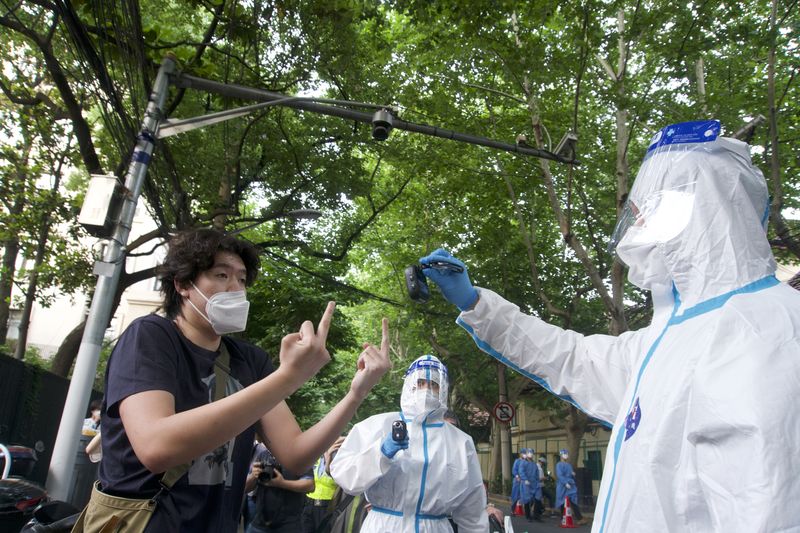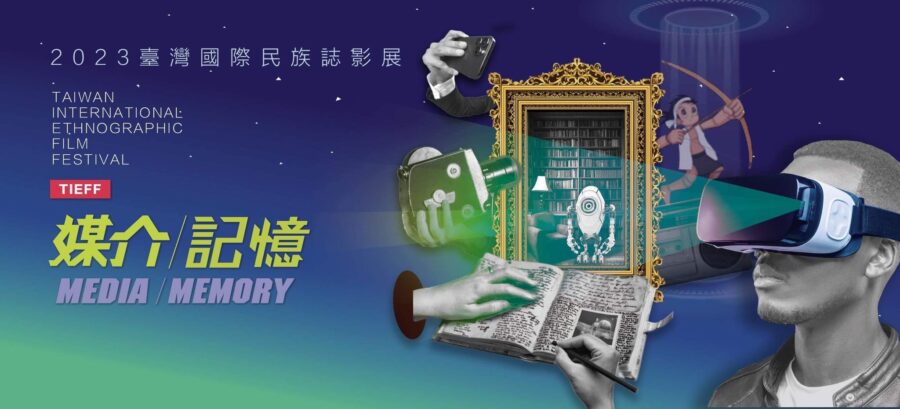The Dulong River is located in the northwest of China’s Yunnan Province,Every winter, the traffic between the Dulong River and the outside world is blocked by the heavy snow on Gaoligong Mountain,This situation will continue for half a year,During this half year, the Dulong River valley becomes an isolated island.
The Dulong people have lived here for generations,The Dulong are only about 7,000 people,Before 1949, they were still in the primitive state of slash-and-burn farming.In 2012, the Chinese government invested heavily to open a road tunnel on the Dulong River,After the tunnel opened in April 2014, the Dulong River basin is no longer isolated from the rest of the world,In the years that followed, great changes took place in the life of the Dulong.
We recorded this change on camera for eight years.

